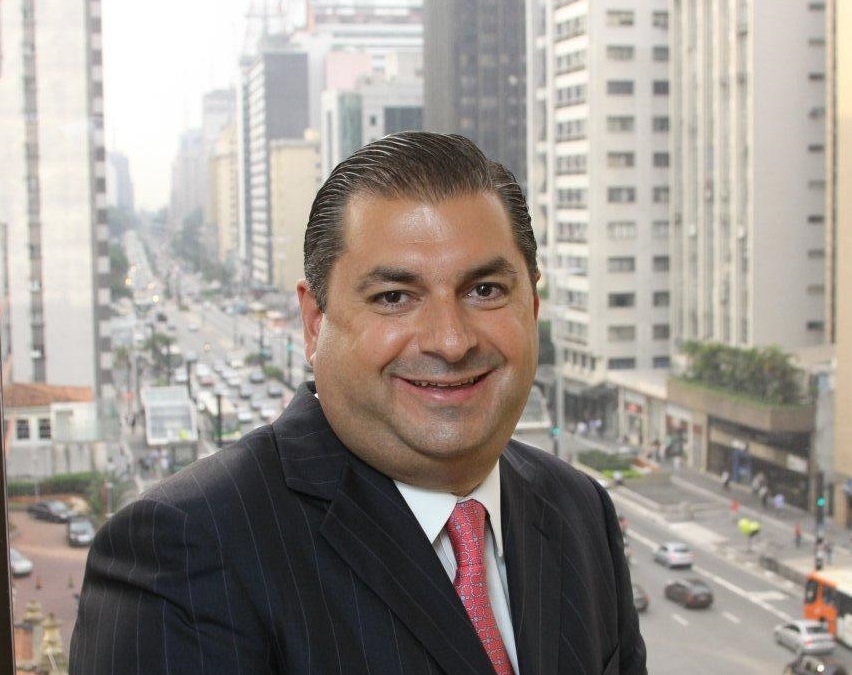
By Jorge Sukarie, President of ABES
Law No. 9609, of 1998, known as the Software Law, defines a computer program as being the expression of an organized set of instructions for making equipment work properly and for specific purposes. There is no qualification in this standard that can distinguish the software for taxation purposes. Complementary Law 116, of 2003 - through code 1.05 of the list of services - establishes the collection of ISS (Tax on Services) in the assignment and licensing operations software. Thus, the requirement of ICMS (Tax on Circulation of Goods and Services), as proposed in CONFAZ Agreement 181, would constitute double taxation, an act considered unconstitutional in Brazil.
Perhaps the adverse economic scenario, with the need to seek additional collection, has caused the State Farms to decide to advance the collection of ICMS in some operations carried out with software, creating a distinction between “standardized software” and “non-standardized” for to be able to attribute to the first the obligation to collect ICMS. The fact is that CONFAZ does not have the competence to define the incidence of this tax on a good and / or service, overlapping a Federal Law, in this case, Complementary Law 116.
Since 1992, that is, even before the Software Law (Law 9609 of 1998), and Complementary Law 116 (2003), the State of São Paulo, for example, charged ICMS on software transactions only on the value of computer support (CD, DVD, Blu-ray, Manuals, etc.), recognizing that it did not have the competence to charge the total value of the software.
In September 2015, Decree 61,522 revoked this legislation and the State of São Paulo intended to start charging ICMS at the rate of 18% on the total value of “standardized software” sales.
Now in January, the São Paulo government has already published a specific Decree adopting the bases of CONFAZ Agreement 181, excluding from ICMS the software acquired via electronic transfer “until the place of occurrence of the fact generated for determining the establishment is defined responsible for paying the tax ”, according to the text. Thus, only operations with software accompanied by physical means will be charged 5% in São Paulo.
Complementary Law 116 provides that, even if the software is accompanied by a physical medium, it should not be subject to the ICMS. Therefore, even the collection of this tax practiced by the State of São Paulo until the end of last year - based on computer support - was not provided for in the Federal Legislation. Even so, some software companies established in the State opted to collect the ICMS because it is a low tax amount, even though they also collected the ISS on the total value of the transaction, thus suffering double taxation in part of the amount.
This was another chapter in the drama that the sector has faced in the harsh Brazilian tax environment. Despite being one of the sectors recognized for its ability to boost the economy, the Information Technology sector saw, last year, the payroll re-taxation, the revocation of the benefits of the Law of Good that can bring back informality to the segment, among other measures that reached its performance.
Companies that decide to pay both taxes not to incur a municipal or state tax notice - as there is no news that any municipality will stop charging ISS - will probably transfer this tax increase to prices and, in the end, the negative impact of these successive measures will directly reflect on the entire society, which relies on Technology as a transforming agent and as an instrument to leverage business in all sectors of the economy.













